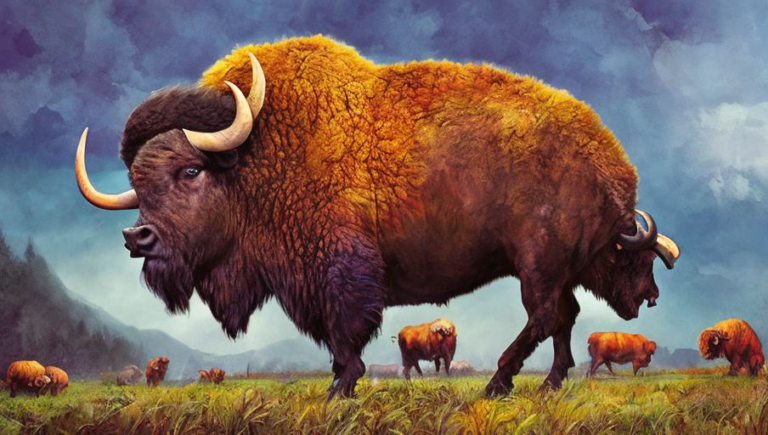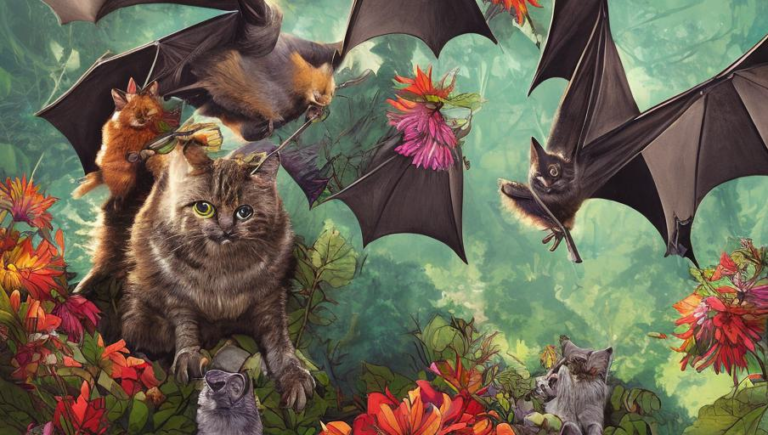Aardvarks and Zoonotic Diseases: What We Know and What We Don’t

Introduction
Aardvarks are small, burrowing mammals found in the sub-Saharan regions of Africa. They are known for their nocturnal habits and their long, powerful snouts that are used for digging. Aardvarks are primarily solitary animals, but they have been known to form small family groups in certain areas. They feed on ants, termites, and other small insects, and they are an important part of the African environment, helping to control insect populations and maintaining the balance of the ecosystem.
Zoonotic Diseases
Aardvarks can carry zoonotic diseases, which are diseases that can be spread between animals and humans. These diseases can be spread through direct contact with the animal, or through the consumption of food or water contaminated with the animal’s saliva, urine, or feces. Some of the most common zoonotic diseases that can be spread from aardvarks include Salmonella, E. coli, and cryptosporidiosis.
Salmonella is a type of bacteria that can cause gastrointestinal distress in humans. Symptoms of salmonella infection can include fever, nausea, vomiting, abdominal cramps, and diarrhea. E. coli is another type of bacteria that can cause a variety of illnesses, including urinary tract infections, diarrhea, and pneumonia. Cryptosporidiosis is a type of parasitic infection that can cause diarrhea and other gastrointestinal symptoms.
Preventing the Spread of Zoonotic Diseases
The best way to reduce the risk of contracting a zoonotic disease from an aardvark is to avoid contact with the animal. If you must handle an aardvark, make sure to wear protective clothing, such as gloves and a face mask, to reduce your risk of exposure. Additionally, make sure to thoroughly wash your hands after handling the animal. It is also important to avoid consuming food or water that may have been contaminated by aardvark saliva, urine, or feces.
If you are planning to visit an area in Africa where aardvarks are found, it is important to make sure that you are up to date on all of your vaccinations. Additionally, it is important to practice good hygiene and make sure that you are not consuming any food or water that may have been contaminated by the aardvark.
Conclusion
Aardvarks are important animals in the African environment, helping to maintain the balance of the ecosystem. However, they can also carry zoonotic diseases that can be spread to humans. It is important to be aware of the risks of coming into contact with aardvarks and to practice good hygiene when handling them. Additionally, it is important to make sure that you are up to date on all of your vaccinations before visiting an area where aardvarks are found.





